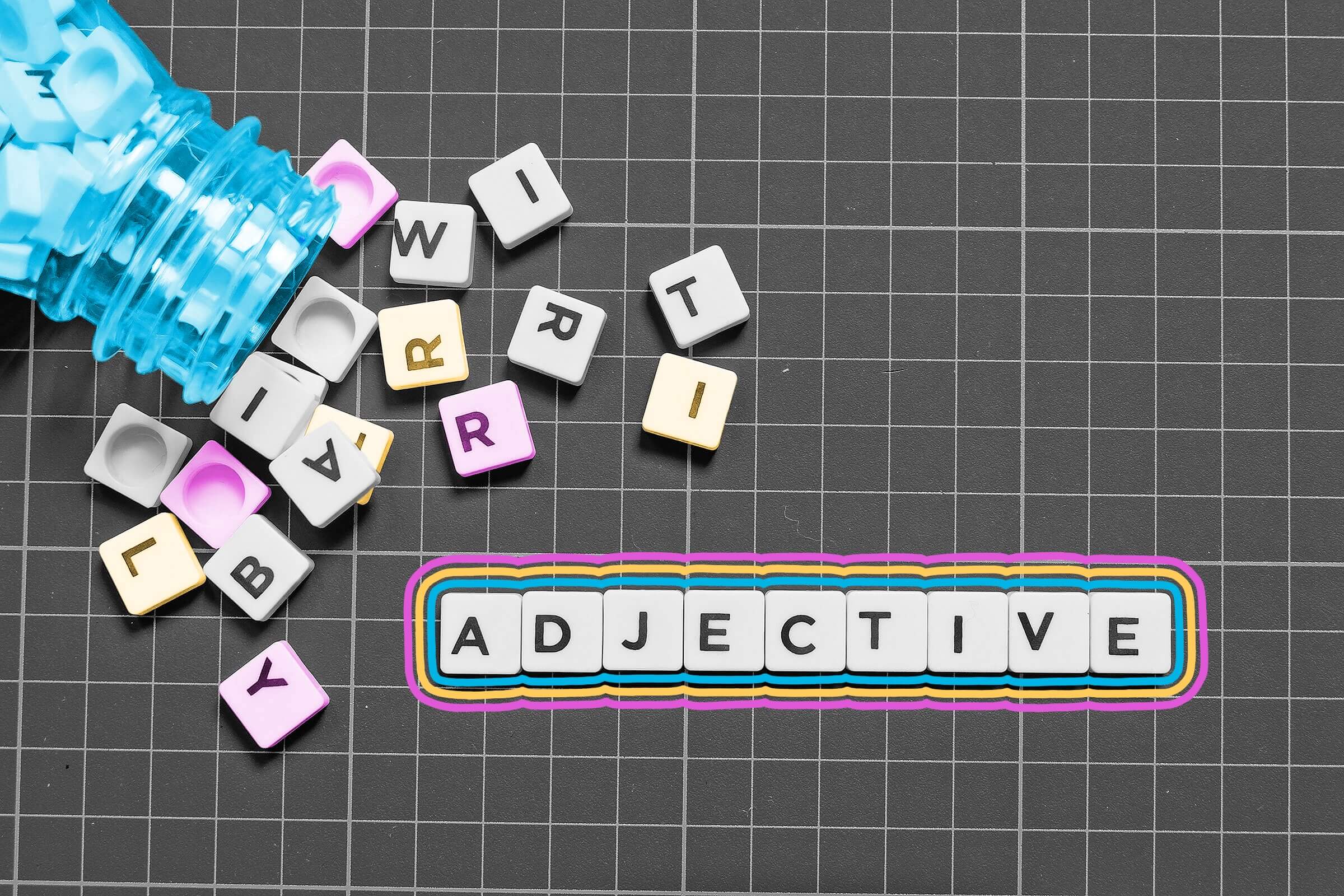| Rules are meant to be broken, except when they're not. To wit: There's a rule for the order of adjectives in English that almost everybody follows without realizing it. It's called order force, and it goes as follows: opinion, size, age, shape, color, origin, material, purpose. If that sounds hard to wrap your head around, think of a pet. You would refer to your beloved tabby who's been getting on in years as "my old orange cat" rather than "my orange old cat," which sounds strange and somehow wrong even if you're not sure why. Order force is why, just as it's the reason My Big Fat Greek Wedding wasn't called My Greek Fat Big Wedding — the latter conveys the same information, but seeing it in that order just doesn't feel right. According to Mark Forsyth's book The Elements of Eloquence: How To Turn the Perfect English Phrase, the stakes are higher than you might think: "If you mess with that order in the slightest you'll sound like a maniac," he writes. Forsyth might be exaggerating for effect, but it's still true that mixing up the order of adjectives in his example — "a lovely little old rectangular green French silver whittling knife" — into, say, "a rectangular old French little green lovely silver whittling knife" makes the description almost incoherent. Fortunate, then, that we all abide by order force whether we mean to or not. | 






No comments:
Post a Comment